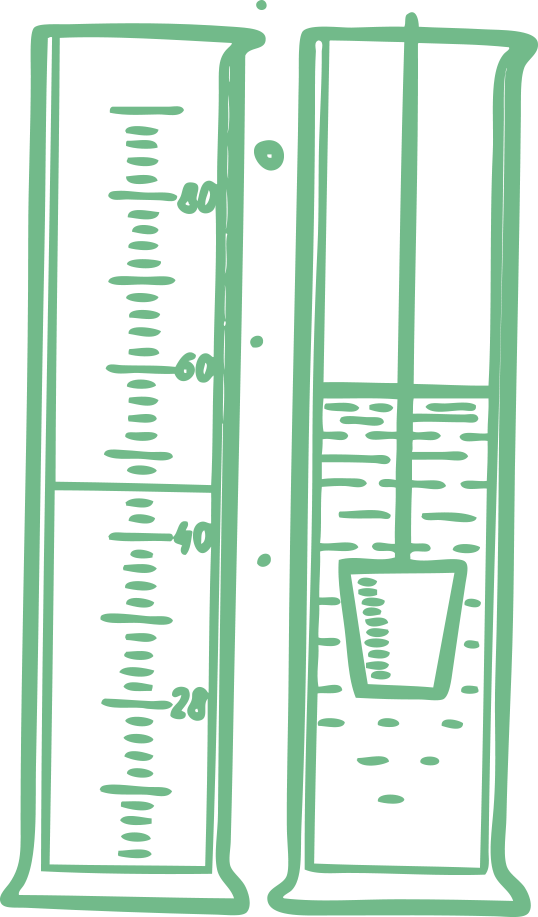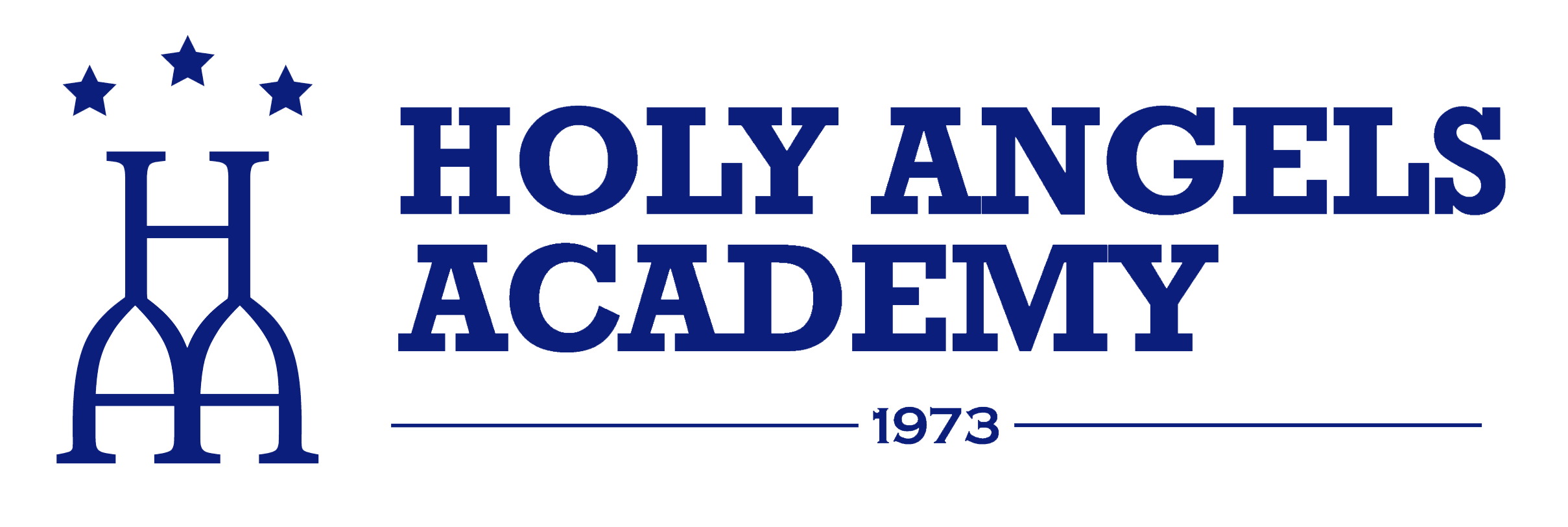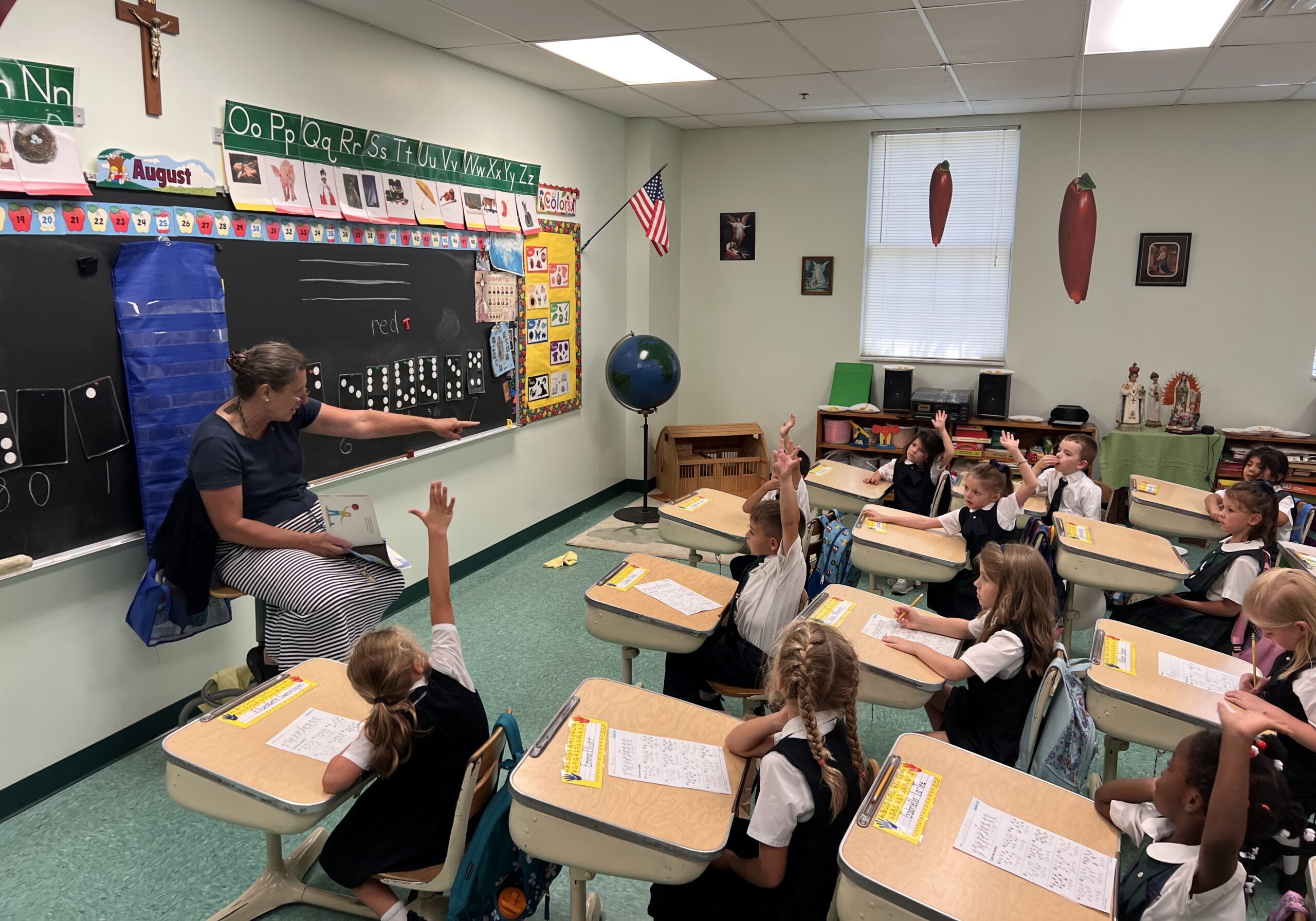About Our Lower School

Lower Curriculum
The basics of reading, writing and arithmetic are at the core of the elementary program. Phonics is a vital component in the development of reading skills. Latin is introduced in the second grade. An emphasis on correct English grammar is essential in the development of strong writing and speaking skills. Diagramming of sentences aids this development. Memorization of math facts gives the student the necessary foundation upon which to build.
For a more detailed breakdown of our Lower School curriculum, please see our K-12 Packet.
Religion
The foundation of our Lower School religion curriculum is the Ignatius Faith and Life Series, the Baltimore Catechism, and includes Reconciliation and First Communion to supplement Parish preparation programs.
Math
Our Lower School uses Modern Curriculum Press (MCP) Mathematics, and then moves to Saxon Math in 4th grade. Our math methods include drilling and practicing, a focus on memorization, especially math facts early on. Our students learn to see the problem and give you an answer without relying on their fingers.
Latin
Latin officially begins in second grade, though it is incorporated into the life of our school. Not only is Latin the Language of the Church, but it is one of the most uniform and ordered languages to exist and so it helps form the mind to recognize and appreciate the beauty and goodness of order and structure. Our Latin curriculum includes resources from Memoria Press, Prima Latina, Latina Christiana.
Reading
Our Lower School students are not just learning how to read, but they read to learn right from wrong, and the patrimony of Western Civilization. The readers we use pass on truth, beauty and goodness, as well as Western Culture.
Language
Language is introduced in first grade. The primary curriculum is Voyages in English by Loyola University Press, supplemented in the sixth through eighth grades with additional drills and sentence diagramming.
Spelling
Though there is spelling incorporated into kindergarten, our Spelling curriculum officially begins in first grade with Spelling Workout from Modern Curriculum Press, and then transitions in fifth grade to Spelling for Young Catholics by Seton Press. All of our Lower School grades participate in a spelling bee during the school year.
Phonics
Phonics is taught in the kindergarten through third grades beginning with Starting Off with Phonics by Modern Curriculum Press Levels 1-6 in kindergarten and leading into Phonics for Young Catholics by Seton Press.
Handwriting
Handwriting is taught in all of our lower school grades, beginning with Kindergarten. Cursive begins in second grade.
Science
At Holy Angels Academy, the sciences are presented with the premise that God has created an orderly world and that man’s obligation with experimentation and discovery is to respect the plan of the Creator. Laboratory experiments foster an appreciation for a practical application of the knowledge the student has gained. The curriculum includes Science and Living in God’s World by Lepanto Press, and Science for Young Catholics by Seton Press.
History
In response to a culture that often seeks to divorce students from their history and traditions, our approach to history includes an emphasis on memorization of places and dates especially in the lower grades. Our students also gain an understanding of the story that history tells as well as their place in it. Our history curriculum includes Our Father’s World by Rod and Staff Publishing. Another emphasis is the ability to read and use maps which begins in 2nd Grade.
Art
Our art curriculum integrates faith, art, and culture, and includes the Christian Heritage Art Program from the Nashville Dominicans which teaches art appreciation and Christian culture through art activities.
Why We Don’t Use iPads at Holy Angels Academy
At Holy Angels Academy, we prioritize traditional learning methods that emphasize deep thinking, personal interaction, and focus. As a Catholic classical school, we are committed to providing an education that nurtures both the mind and soul. Research shows that excessive screen time can impair attention, creativity, and critical thinking—skills essential for students to grow intellectually and spiritually.
A study published in the Journal of the American Medical Association found that screen time, especially in younger children, was associated with lower scores in literacy and language development. Additionally, research from the American Academy of Pediatrics has linked early exposure to screens with attention issues and difficulty with emotional regulation. Another study from the University of Toronto highlighted how screens can reduce the ability to concentrate and engage with complex tasks, such as those required in classical education.
By avoiding iPads, we protect students from these cognitive challenges, while encouraging personal interaction and deeper engagement with their studies. Our approach supports mental discipline, memory, and a love for learning—all within the context of our Catholic values.
“I didn’t like math… but they taught me math with legos and Rubik’s cubes and now I love math.”
– Logan, Grade 5
See it for yourself
Take a Campus Tour
The best way to find out if Holy Angels is the right partner for you in the education of your child is to meet us and see our school for yourself.


